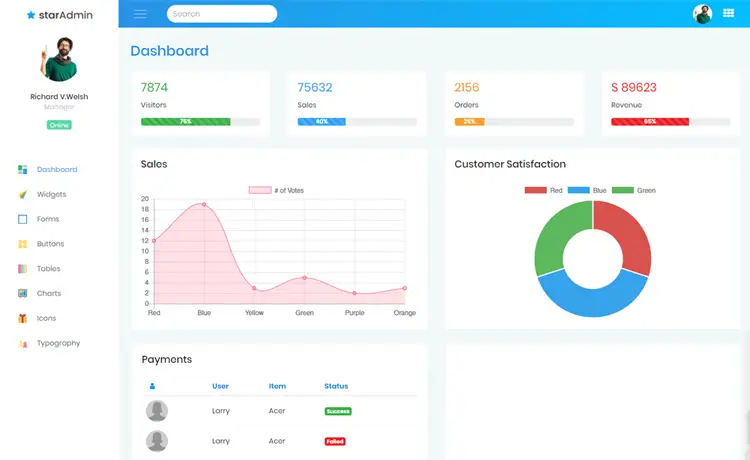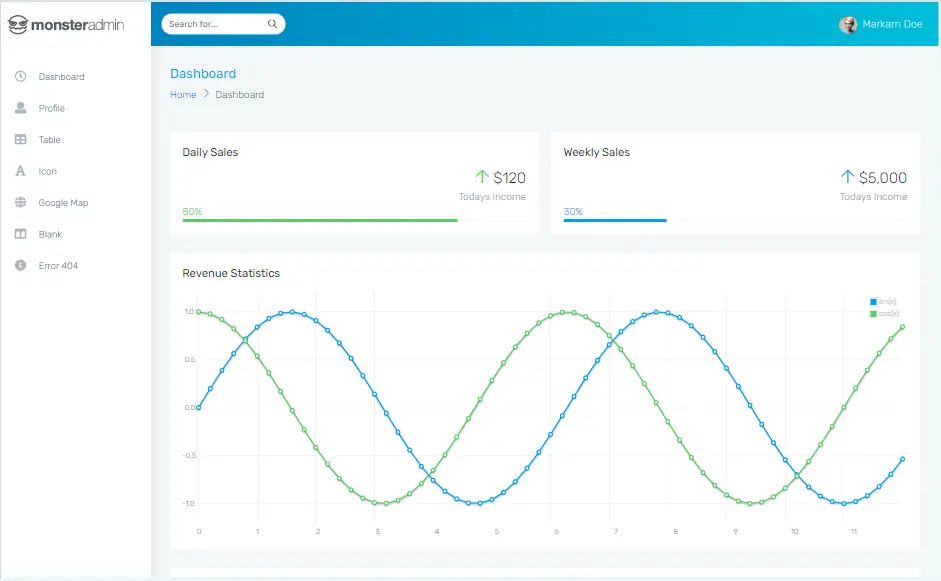How to fix 'Control.Invoke() is called before window handle is created'
By Tan Lee Published on Nov 01, 2024 1.46K
You can not call Control.Invoke() in a form's constructor. The error occurs because Invoke() cannot be called until the control's window handle is created, which doesn't happen during construction.
Attempting to call it in the constructor or after the form is closed or disposed leads to the error: "Invoke or BeginInvoke cannot be called on a control until the window handle has been created."
public Form1()
{
InitializeComponent();
// Error
this.button1.Invoke((MethodInvoker)delegate
{
this.button1.Text = "OK";
});
}To resolve this, updates to the UI should be made in event handlers like the Load event, ensuring the control is fully initialized.
public Form1()
{
InitializeComponent();
}
private void Form1_Load(object sender, EventArgs e)
{
// No Error
this.button1.Invoke((MethodInvoker)delegate
{
this.button1.Text = "OK";
});
}The Invoke or BeginInvoke methods can only be called on a control once its window handle has been created. This handle is established after the form is loaded or shown. To avoid errors, any code that calls these methods should be moved to the Form_Load event handler or another point in the code where the window handle is guaranteed to exist.
Before calling Invoke() or BeginInvoke(), you should check if the control’s handle is created using the IsHandleCreated property.
if (myControl.IsHandleCreated)
{
myControl.BeginInvoke(new Action(() => myControl.Text = "Updated Text"));
}Prefer BeginInvoke() over Invoke() when possible. BeginInvoke() asynchronously queues the method to be executed on the UI thread, which can help avoid timing issues.
myControl.BeginInvoke(new Action(() => myControl.Text = "Updated Text"));
The difference between Invoke and BeginInvoke lies in their execution style: Invoke is synchronous and waits for the operation to complete, while BeginInvoke is asynchronous and operates in a "fire-and-forget" manner. Both methods post a message to the UI message loop, ensuring that the delegate is executed when the message is processed.
The InvokeRequired property indicates whether you need to call Invoke to execute code on the UI thread. If InvokeRequired is false, you're already on the UI thread and can perform actions directly or use BeginInvoke for asynchronous execution.
However, you cannot use Invoke if InvokeRequired is false, as it would block the message loop. This is a significant issue in your code, but it may not directly relate to the error you're encountering. You can use BeginInvoke in both cases, as long as you manage potential recursive calls properly.
You cannot use Invoke or BeginInvoke without a window handle. If a form or control is instantiated but not yet initialized (i.e., before it is shown), it may lack a handle. Similarly, the handle is cleared when the form is disposed, such as after closing. In these cases, InvokeRequired will return false because invocation isn't possible without a handle.
To manage this, you can check IsDisposed and IsHandleCreated, which indicates whether the handle exists. Generally, if IsDisposed is true or IsHandleCreated is false, you should handle this as a special case, often by skipping the action.
For example:
if (IsHandleCreated)
{
//synchronous
if (InvokeRequired)
Invoke(new UpdateTextField(Write), finished, count);
else
Write(finished, count); // Call the method (or delegate) directly.
}
By following these practices, you should be able to resolve the issue with Invoke() or BeginInvoke() being called before a window handle is created. If the problem persists, sharing specific code snippets can help diagnose the issue further.





